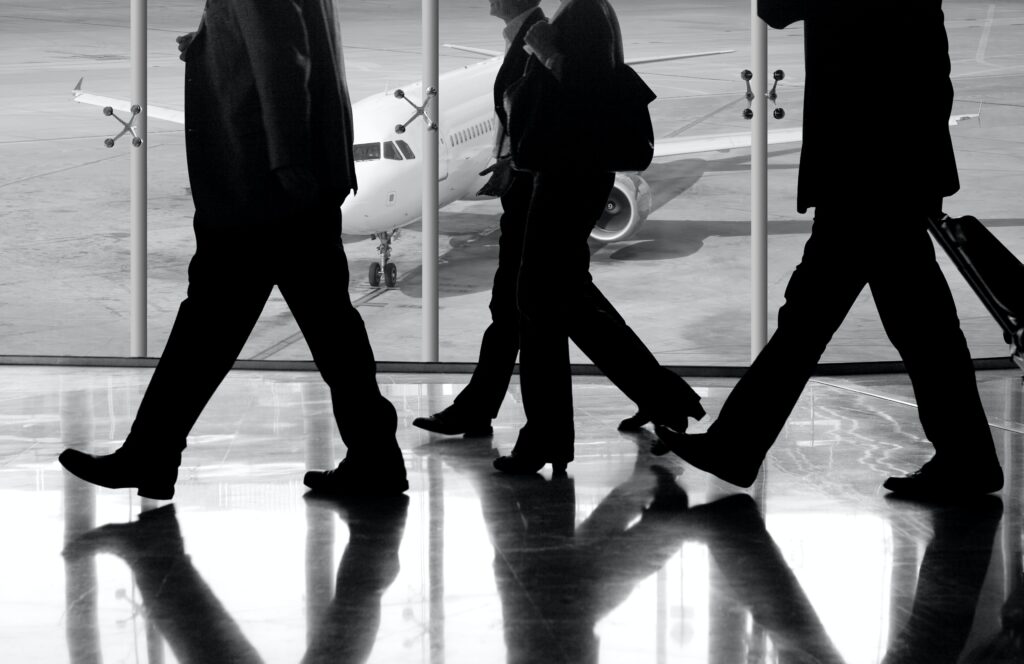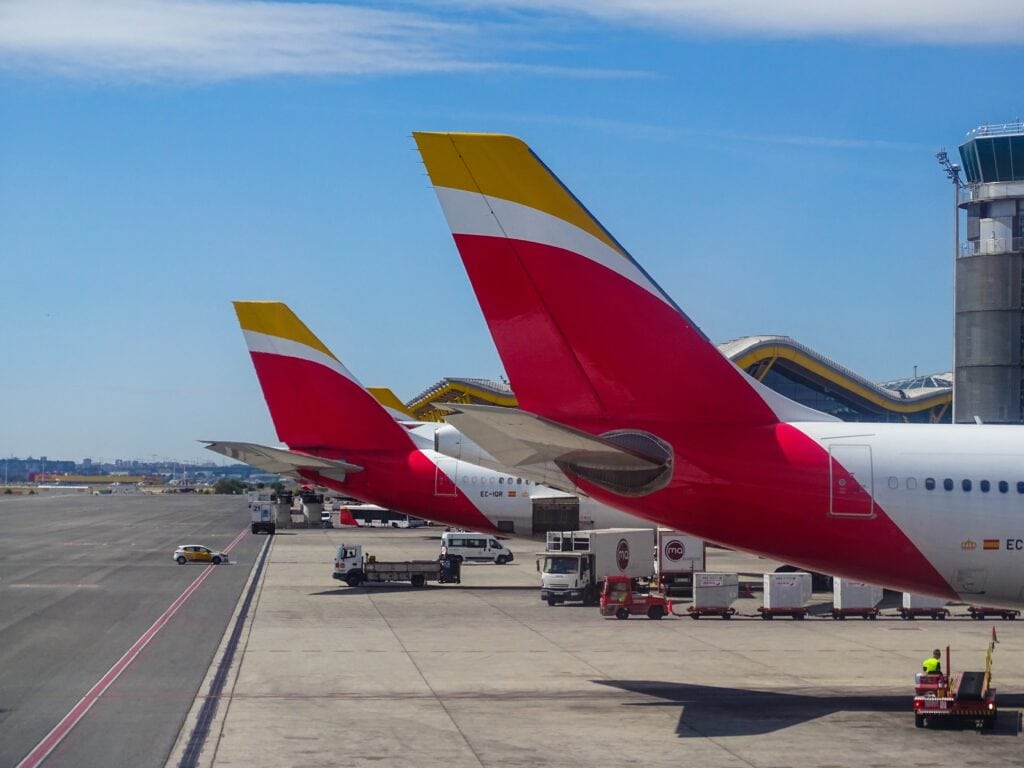[ad_1]
Following France’s controversial decision to ban short-haul domestic flights between destinations linked by rail, Spain is reportedly planning to impose a similar ban.
Just last month, in an effort to combat climate change, reduce carbon emissions and meet net-zero targets, France introduced a blanket ban on any short-haul flight within the country on routes that are served by a train journey of no more than two and a half hours.
“As we fight relentlessly to decarbonize our lifestyles, how can we justify the use of the plane between the big cities which benefit from regular, fast, and efficient connections by train,” said Clement Beaune, the Transport Minister for France.

Photo: Valencia Airport, Spain. Courtesy of Rob Wilson / Unsplash
But now, it has been reported in Spanish media that Spain is planning to follow in France’s footsteps and become the second E.U. country to ban short-haul domestic flights. Fitting nicely within the government’s Spain 2050 Agenda, launched around two years ago, the ban would go towards decarbonizing the country’s economy within the next three decades.
A recent study by travel experts Mabrian and Phocuswright has suggested that traveling by plane generates more than twice as much carbon emissions than traveling the same route by train.
For example, between Barcelona and Madrid, the most popular travel route in Spain by some distance, each passenger will cause around 88lbs (40kg) of CO2 emissions if traveling by air, compared to just 38lbs (17.2kg) if traveling by rail, which would fall to just 21lbs (9.6kg) if the train uses renewable fuel.
The report also highlighted that travelers often take longer journeys to and from airports than rail stations, thus increasing the overall carbon footprint and duration of their travels.
However, another report commissioned by Spanish flag carrier Iberia revealed the economic benefits of short-haul flights to the Spanish economy. According to the study, around €102m ($110.7m) is contributed to the country’s GDP and around 1,852 jobs are created per million domestic flight passengers.

Photo: Iberia, Airbus A330 in Madrid. Courtesy of Miguel Ángel Sanz / Unsplash
“Domestic routes are essential for connectivity within Spain and also abroad, in addition to the fact that they contribute significantly to the creation of wealth and employment in our country,” said Iberia in the report.
Beatriz Guillén, director of global sales at Iberia, said that unless investment is made in Spain’s rail network to accommodate more high-speed connections, then any ban on short-haul flights within the country wouldn’t be viable to meet the travel demands of its people.
“Until there is a true intermodal system that allows an efficient connection of the airports with high-speed railways, it is impossible to replace short-haul flights with rail travel,” said Guillén. “Without domestic flights, it is not possible to meet the demand of the millions of travelers who need to connect with their medium- and long-haul flights.”
If the proposed ban goes ahead, Iberia would likely have to cut at least five domestic routes from its network. These are Madrid-Barcelona, Madrid-Malaga, Madrid-Valencia, Madrid-Alicante, and Madrid-Seville, all of which can be connected by a train journey of around 2.5 hours.
[ad_2]
Source link
